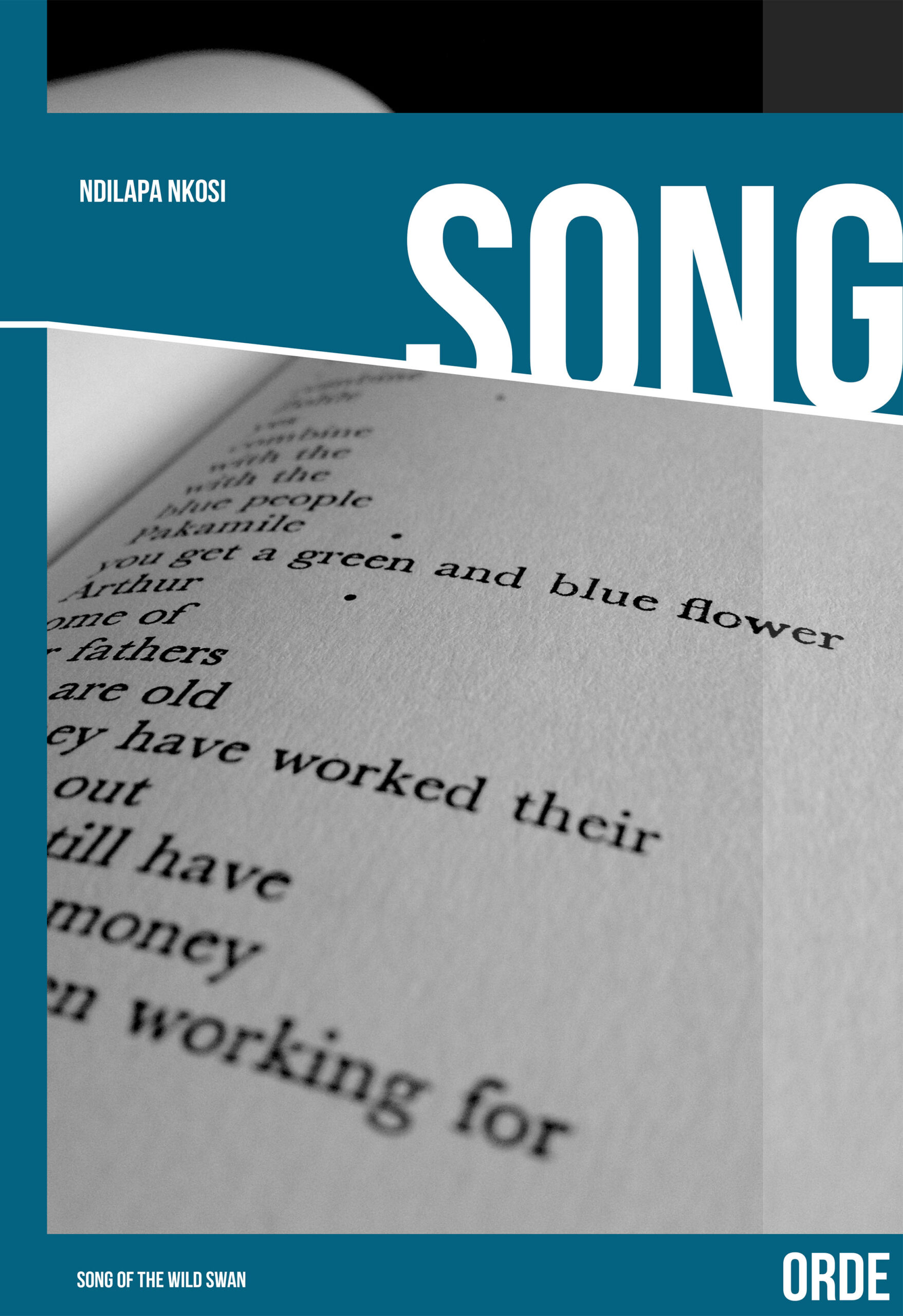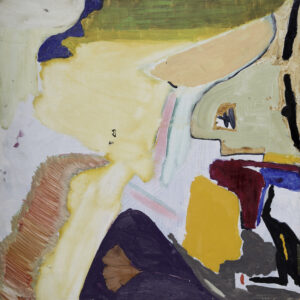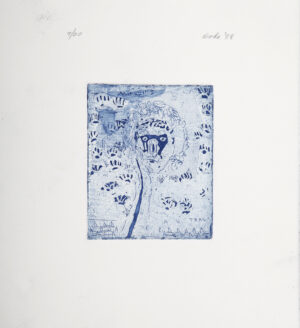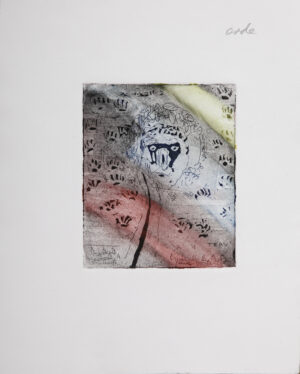
Ndilapa Nkosi
An important poem in the last 50 years depicting the broad scope of Humanities feelings in the latter half of the 20th Century. A prophetic work with its final words and one that has garnished praise from lovers of literature and poetry but remained basically unpublished to a wider audience.
‘a moving feat’ , says Nobel Prize winner for Literature Samuel Beckett.
I am fascinated by your lyrical comedy. There is a rhythm that is most catching and an underlayer of haunting sadness. It is indeed a satiric statement of man’s estate.. …. I love your lyrical comedy, but who am I to say?… Pakamile. There is a beginning, but no end. Already your lyrical comedy is haunting me, ahah!” says noted author Etienne Leroux.
Enjoyment. Magic. Style. This is ‘outer and inner’ poetry at its best. It is a statement of things as they are. Orde (for this is what the poet calls himself) makes poetry out of what the real subject of poetry should be: people. He is in effect charting the geometry of human existence here…In this he is supported by his technique. AD Edey Reviewer Crux.
*“The haunting beauty of the rolling hills … suddenly leap out of the pages when the poet gets going. But it is the language that holds “Ndilapa Nkosi. Social scientists, social workers, the police, the church and countless organisations have come up with a thousand-and-one reasons why black South Africans are victims of the ‘demon drink’ Runs the pen of the poet: “You also become disappointed/the weather outside is bad/towards people/towards people/the inner side of the people/ the inner hearts are disappointed/you see that is why/people like to destroy themselves/now that is why Zolile drinks/the inside is disappointed/ he is dead…. …, this is a statement to the future …and the people in power must look around/look and look/ and see and see/why people are crying/the person who has got the power/ must try and fix/these things/ ah that we all have/a little power. Z. B. Molefe,, Reviewer, The Sowetan.
Information
Ndilpa Nkosi, Song, 2014, a lyrical comedy, 1st part of The Soul’s Heritage, a trilogy. 116 pages
A landmark work described by Samuel Becket as a ‘moving feat’. Includes reviews and responses from various persons including Becket and Etienne Le Roux.



